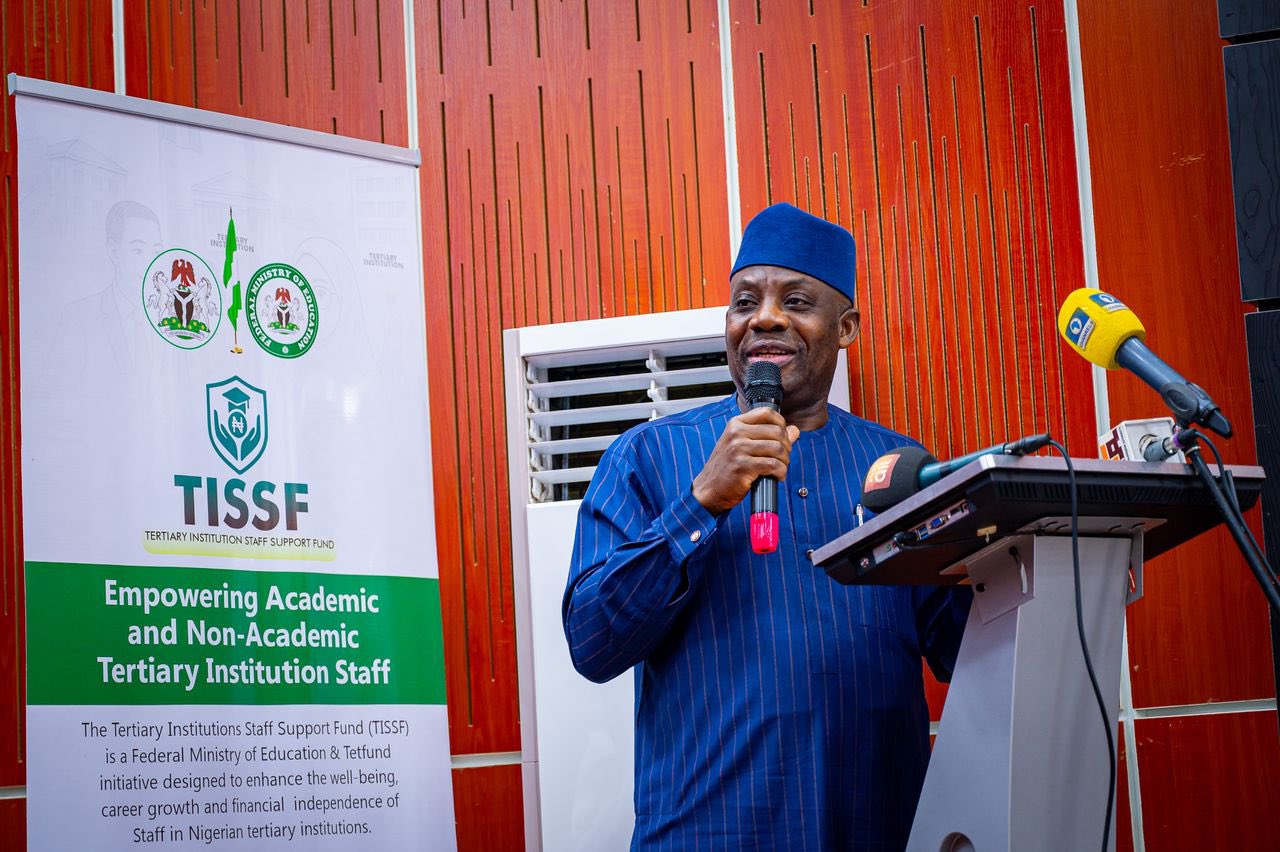
Divisional Head for Growth at Sterling Bank, Obinna Ukachukwu, who disclosed this at a media parley on the bank’s education loan scheme, said the moment you start underfunding a sector aimed at driving skill acquisition, economic productivity and development, the outcome will be sub-optimal skill development.
This, he noted, would create a productivity deficit that will ripple across every other sector.
Ukachukwu said: “If you want to guarantee the future of a community and nation at large, you have to educate your population in courses that lead to specific acquisition of skills that drive productivity and geared to solve actual problems in the society, and not just issuance of certificates.
“If you want education to work, you need to approach it in a way that ensures the education pays for itself. This is what the top institutions in the world’s top economies are doing – graduates of these institutions are creating value far greater than the systems that have produced them, and it is from the value created that endowments are created to fund the institutions and systems. The focus should be on the outcome of education beyond graduates and certificates, but economic output.”
Ukachukwu pointed out that Sterling’s model has been to focus innovation, partnerships, and investments in projects that generate sustainable value for the educated individual, community and nation at large.
Specifically, he mentioned Sterling’s ongoing partnership with Decagon, which has successfully financed the training of over 600 market-ready software engineers in less than 24 months.
He further gave examples of active innovations with Job Skillers, Nexford University, Founders Institute and more, adding that the financial institution has been actively developing solutions and creating partnerships that bridge the funding gap for students and educators, while ensuring that the output of these programmes are ready to be absorbed by companies sourcing talent with skills that are in demand in industry, and would translate into the creation of value for the business and the individual.
“We have working students at Sterling, schooling in the university, and paying for their education from their work allowances. We have also created a banker’s certificate course that trains applicants on banking as a skill, to create industry-ready applicants,” Ukachukwu added.
At the event, he confirmed that the bank has the largest lending portfolio to students, with financing in excess of N 15 billion to the education value chain, anchored with novel students loan propositions and training to upskill educators and ensure that industry needs are met across board.
Fielding questions during the session, Ukachukwu mentioned that the outcome of this model is a starting point for the bank to prepare to expand investment in the sector.






